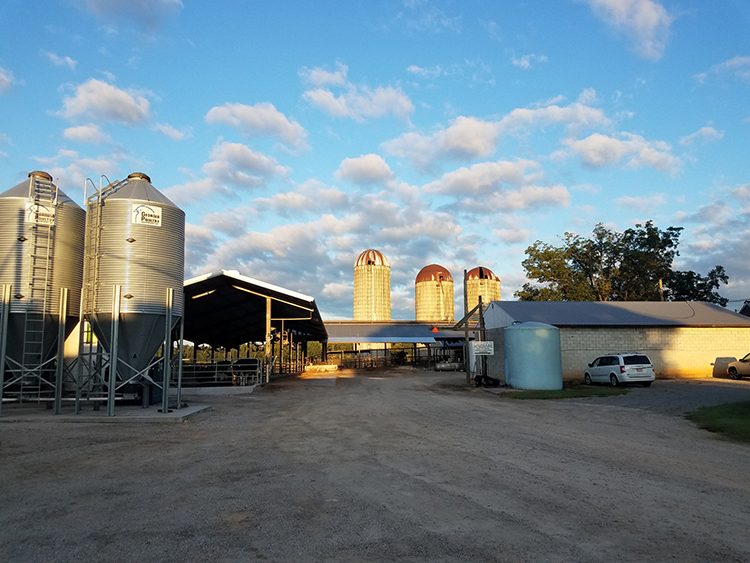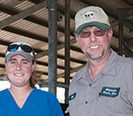
It seems everyone in the United States is having supply chain issues right now. Some have faced worse challenges than others. We have experienced it worse than we would have thought, and to a point it is scary to think that this might actually get worse.
Whether it is receiving parts for the robots or feed commodities, we’ve been hit with the supply chain issues. Boy, have I rigged up some “save the day” inventions for our robots just because something has been on backorder. We also had to do some heavy shifting with ingredients in our feed rations.
Back in June and July, we had a good supply of whole cottonseed and citrus pulp. We use these ingredients, along with soybean meal and ground corn, to add to our combinations of ryegrass, sorghum, and corn silages. By August, we were running thin on whole cottonseed and citrus pulp. We changed rations to help stretch out what we had, but they quickly ran out. Our nutritionist tweaked the rations, adding different amounts of other ingredients to get us by.
When we changed the rations, the cows knew. We knew they were going to notice the difference, and the milk drop followed. You realize when you take something away how much affect it has on milk production. We were averaging around 95 pounds a cow back in July before the feed shift happened. Now, while waiting on the ingredients to become available, we have had about a 10-pound drop in milk production per cow. It hurts to see those numbers.
Yesterday we received our first load in months of whole cottonseed. Our rations are closer to the way they were in July, but until we can get our hands on citrus pulp, we will do the best we can.
I pray for the farmers growing and harvesting the commodities. I pray for all the dairymen and women out there waiting on a load of feed.

Mark and Caitlin Rodgers are dairy farmers in Dearing, Georgia. The Rodgers have a 400-cow dairy that averages 32,000 pounds of milk. Follow their family farm on Facebook at Hillcrest Farms Inc.








